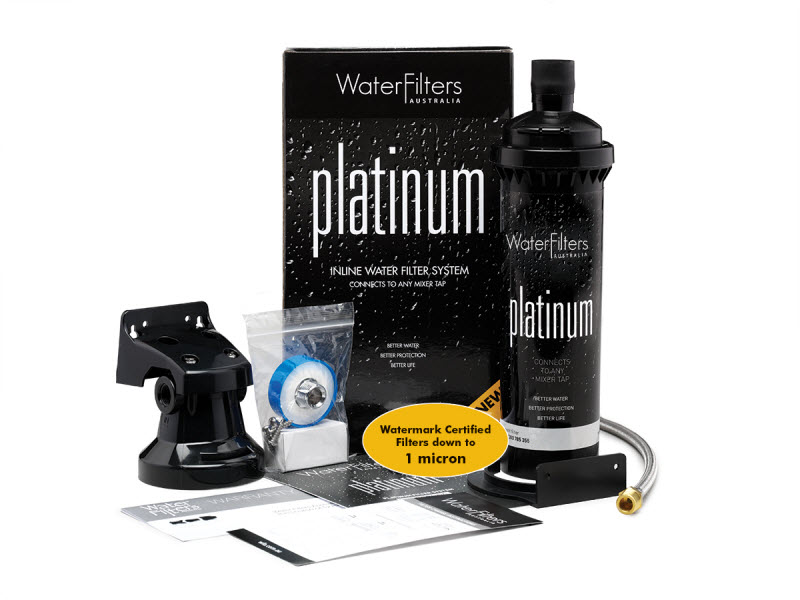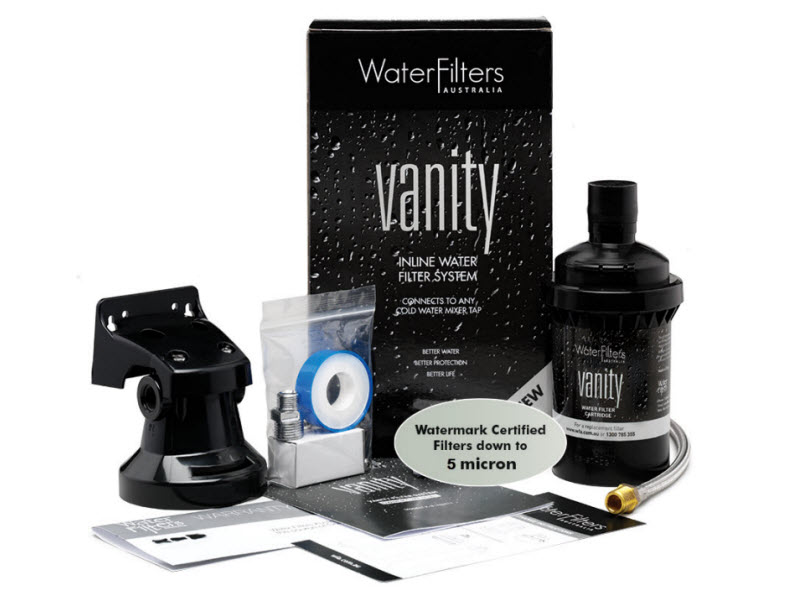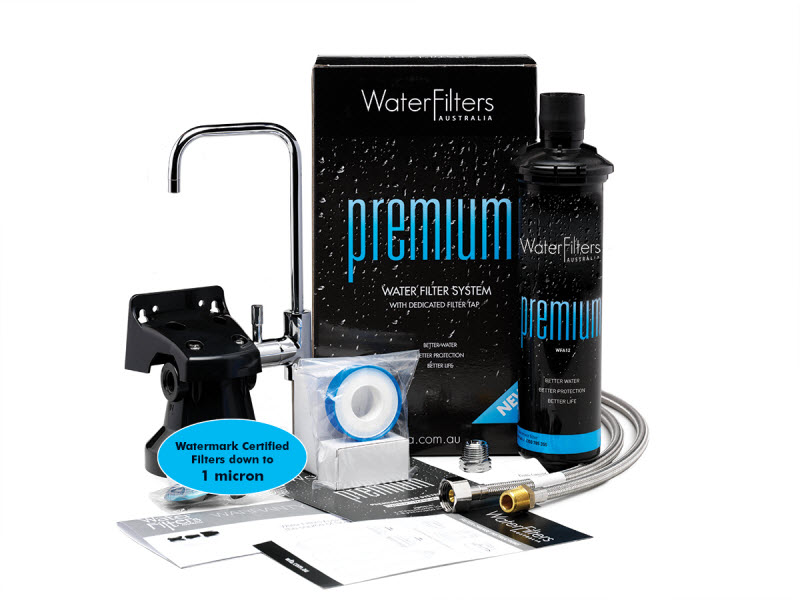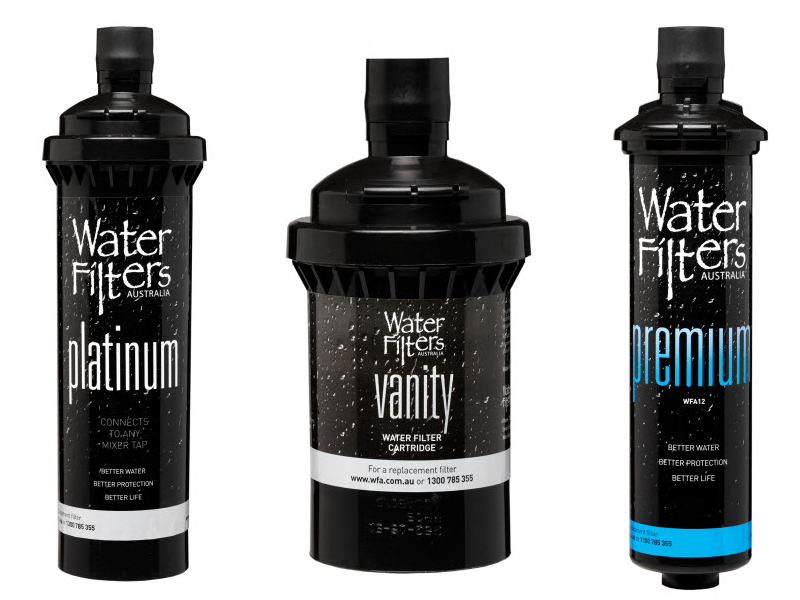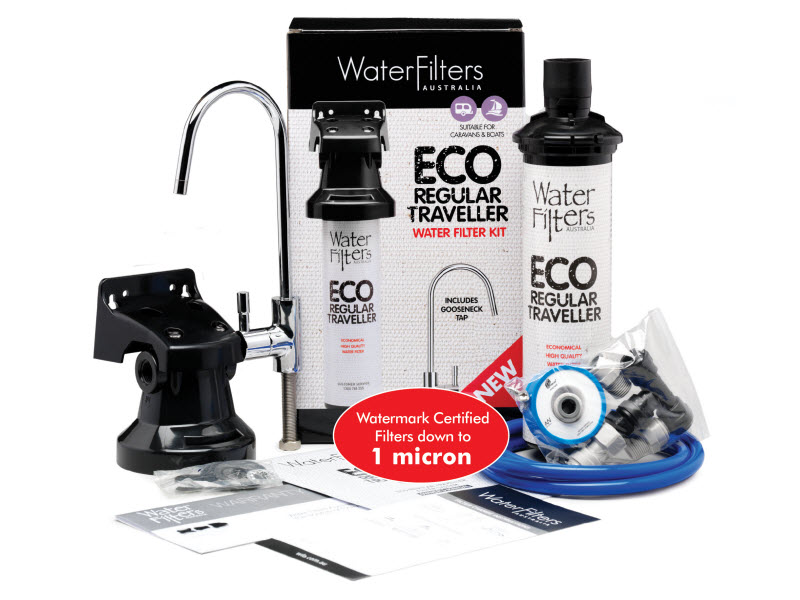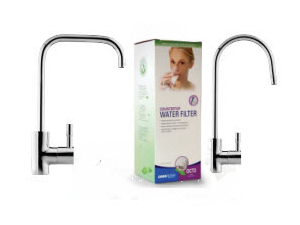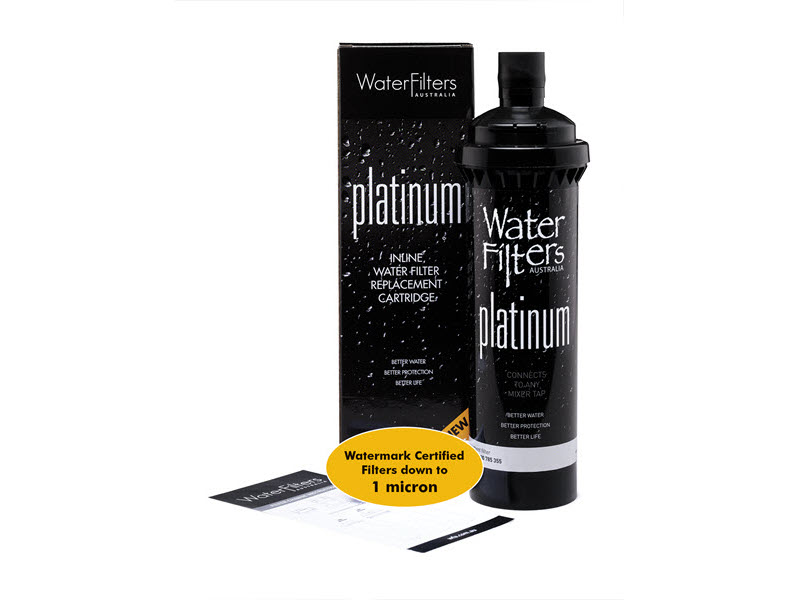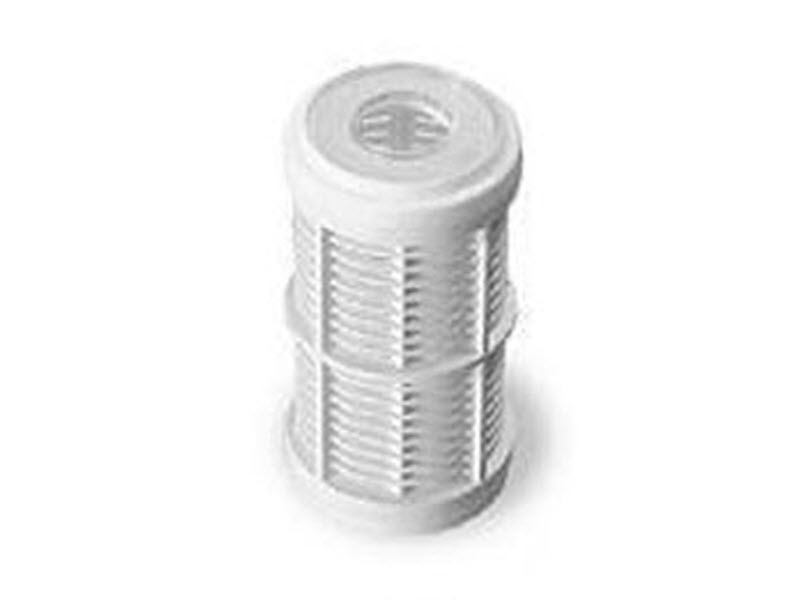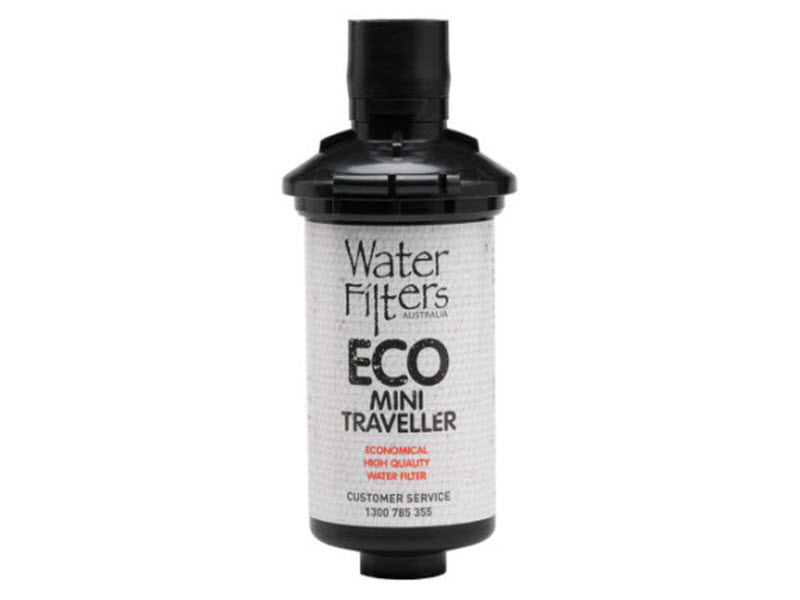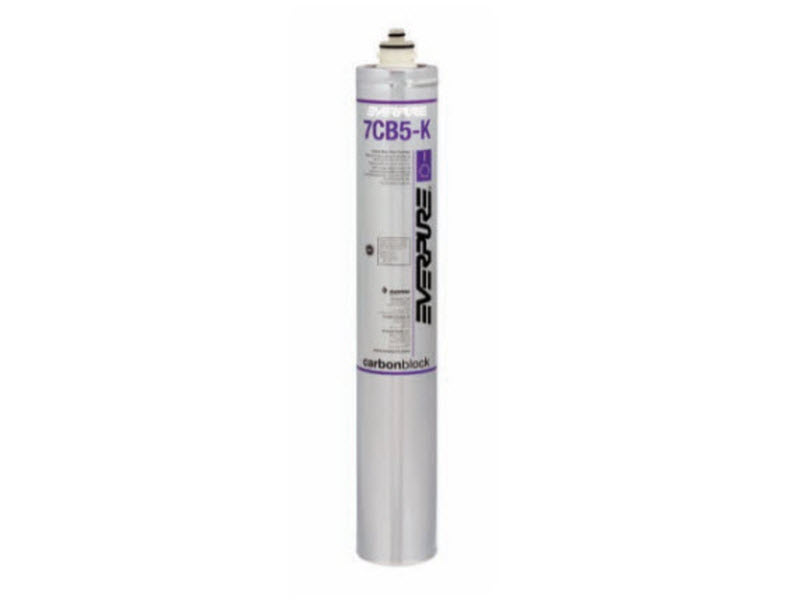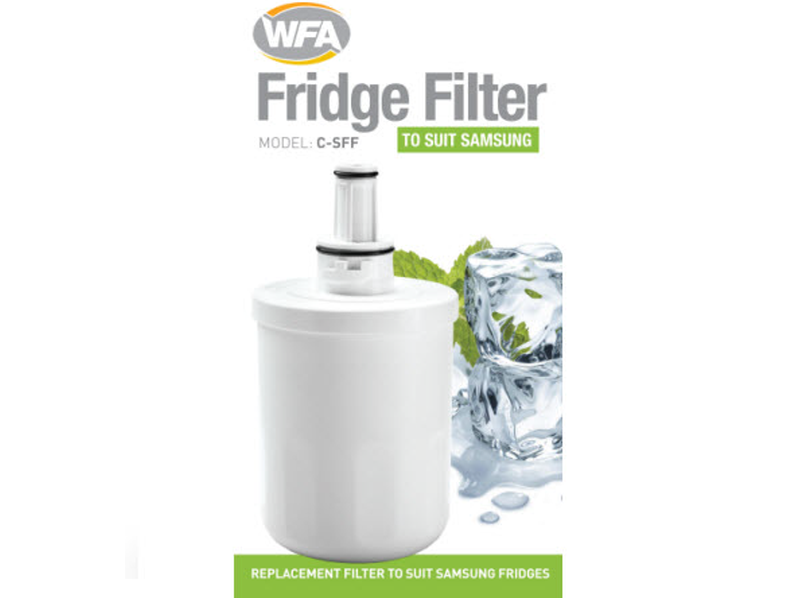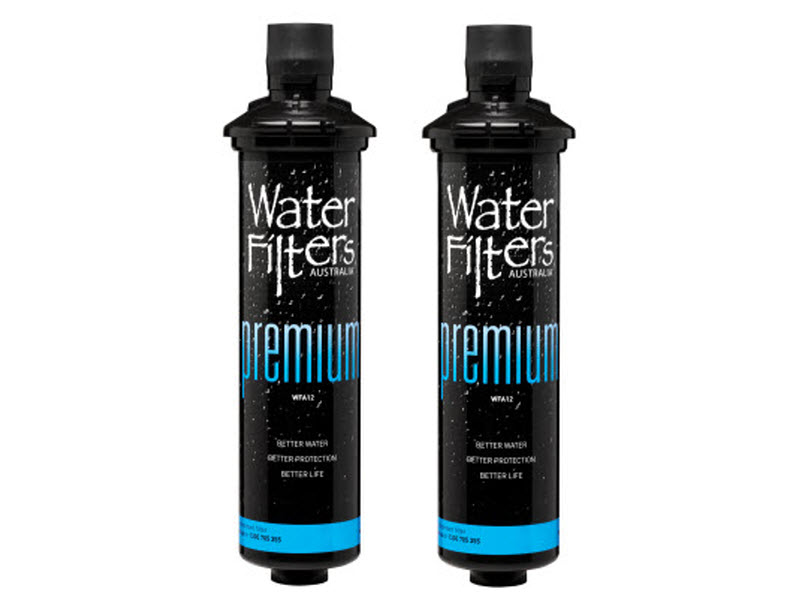Winter dehydration - spot the signs
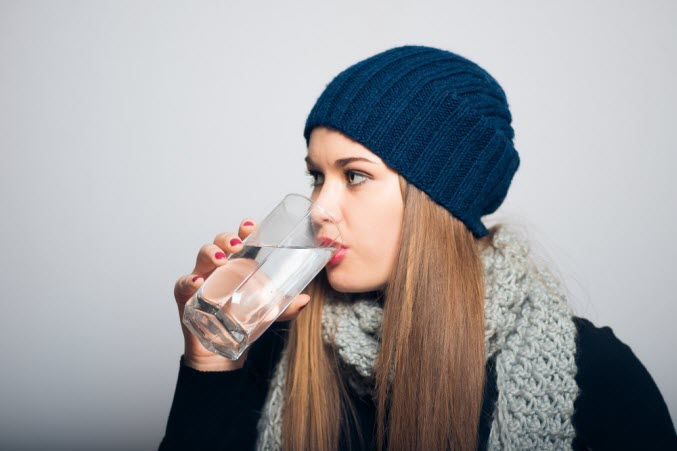
Dehydration actually increases in winter months
It doesn’t make sense, but it’s true… you are more likely to become dehydrated during winter. In cold weather, the body’s thirst response diminishes by up to 40%, even when you are dehydrated.
The reason we are less thirsty is because our blood vessels constrict when we’re cold. This prevents blood from flowing to our extremities (hands and feet). The body works harder to maintain the body’s core temperature than maintain fluid balance when it’s cold. Therefore, the body is fooled into thinking it’s properly hydrated.
In addition, our body doesn’t signal to our kidneys to conserve water and therefore urine production increases. Your body requires you to drink more during this time to prevent a cold-induced condition called cold diuresis.

The symptoms of winter dehydration
The symptoms of dehydration might be harder to detect in winter. However, if you listen to your body, you should be able to notice the signs:
- Increased thirst
- Dark coloured urine
- Infrequent urination
- Fatigue
- Dizziness
- Lack of sweat, despite physical activity
Look out for the signs of severe dehydration, as reported in the Ithaca Journal:
“Severe dehydration is a medical emergency and can cause extreme thirst, extreme fussiness or sleepiness in infants and children; irritability and confusion in adults, little or no urination — any urine that is produced will be darker than normal, sunken eyes, shrivelled and dry skin that lacks elasticity and doesn’t ‘bounce back’ when pinched into a fold and feeling faint or passing out when rising from lying to sitting or from sitting to standing.”

Tips for staying hydrated in winter
During winter, it doesn’t matter if it’s hot or cold, you should just aim to drink more liquids. If you can, drink herbal tea instead of tea or coffee, as these can act as a diuretic. Filtered water is always the best option for your family.
Nutrient Reference Values Australia advises that adult men should drink 2.6 litres of water per day (about 10 cups) and adult women should drink 2.1 litres per day (about eight cups). Source https://www.nrv.gov.au/nutrients/water
Track fluid intake using an app
A great way to ensure you are drinking enough fluid throughout the year is to track it on an app. We recently reviewed and recommended the best apps to track your water intake. These four great apps are sure to keep you on track during the winter months.
Eat more water based foods
Did you know that you can stay hydrated from increasing the amount of fruits and vegetables in your diet? They offer a natural source of water, along with valuable vitamins and minerals.
Soup is also a hydrating food and great for those cold winter months. Add some vegetables and protein for a nutritious meal.
Drink before, during and after exercise
t seems obvious; however, you probably won’t feel like drinking much before you exercise in winter. The easiest way to stay hydrated during exercise is to make sure you carry a reusable water bottle with filtered tap water wherever you go.
Winter is a great time to invest in a home water filter system. Filtered water is the best option to ensure your family stays hydrated during the winter months.
Browse our water filter systems online today or contact our customer service team to discuss your water filtration needs.
Read more on the health benefits of filtered water
Buy Water Filter Systems
& Water Filters Online
News & Articles
Back-to-School Hydration: Ensuring Kids Drink Filtered Water All Day
School is back for 2026, and if you’re facing the same hydration dilemma as last year, you’re not alone. Parents everywhere are wondering how to get their kids drinking more water, especially the filtered kind. And fair enough. Research shows it can support everything from energy and focus to overall wellbeing during their busy day.
Understanding Water Filter Micron Ratings: What Level of Filtration Do You Need?
Inline Filters vs. Countertop Filters: What’s Best for Your Home?
Sometimes the best upgrades are the ones you stop noticing, because they just work. If you’re choosing between an inline filter and a countertop system, the “right” option comes down to your kitchen, your routine, and how you like to drink water. Here’s a simple guide to help you pick the best fit for your home.



